This year marks the 75th anniversary of the partition of India, which established the Islamic Republic of Pakistan. Three quarters of a century on, Qamar Rafiq looks at the issue of religious freedom in the country, and what the scrapping of the Protection of the Rights of Religious Minorities Act means for the country today and in the future.
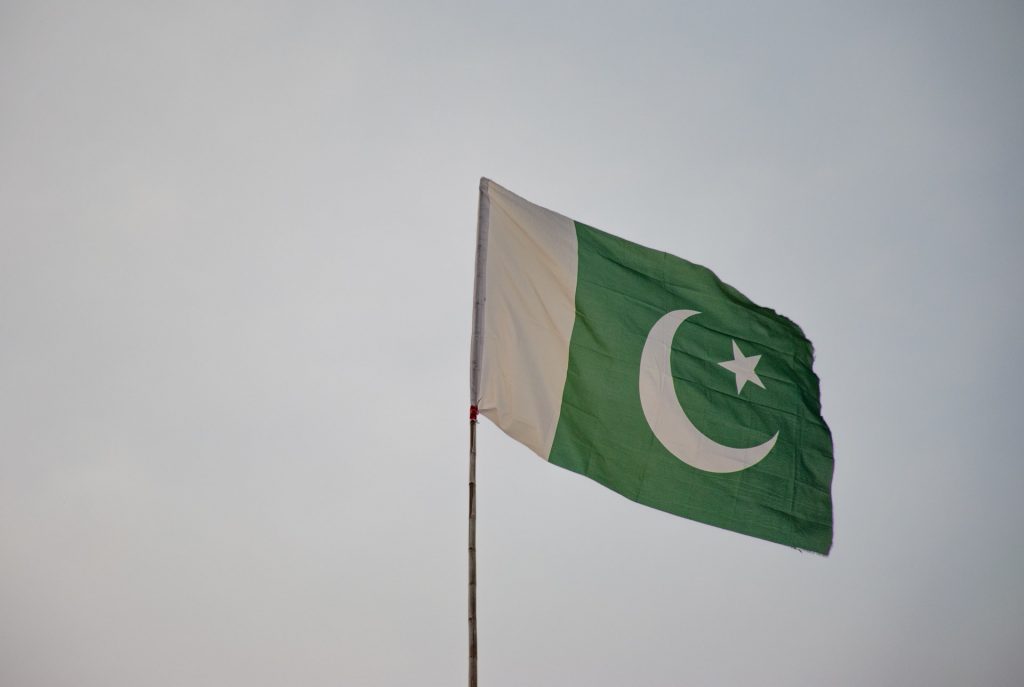
If you really want to know the importance of freedom of religion or belief (FoRB), don’t start with the list of nations designated as countries of particular concern, annual review of human rights practices or official speeches. Ideally, don’t even ask me. Ask those who need it most.
Last year Pakistan’s Parliament decision to scrap the Protection of the Rights of Religious Minorities Act (PRRMA), 2020 failed to attract the media’s attention around the world. However, this fierce decision has sent chills deep down the spine of marginalised quarters of religious minorities simply for being guided by futile policy choice, not reality.
Such astonishing legislation failures have forged a lawless milieu that fashionably implies blasphemy law, impose discriminatory practices and hate preaching to target different religious groups. Meanwhile, the banned extremist groups and terrorist organisations continue to attack Christians, Shia Muslims, Hindus and their religious places and pilgrimage routes.
Whether it is the protection of rights for minorities or addressing the issue of forced conversion in Pakistan through a range of legislative measures or policy reforms, for many the dreams of right to freedom of religion through the Independent Minorities Commission and release of minorities Census data are moving further out of reach every year.
Acquainted with the harsh realities of inequality and injustice, Pakistan’s religious freedom stance displays a national shame in the museum of the government’s historical incompetence which has failed to improve millions of lives. In reality, the government barely engages with the problem and still believes it is no longer necessary to reinforce laws designed to discourage widespread persecution and motivate change. As a result, religious identity has become a brand factor in Pakistan that determines which citizens are more equal than others in terms of status, opportunities and rights.
Emerging protests from Pakistan suggests our system feels less compelled to adopt international human rights and religious freedom conventions in the fabric of society. Nevertheless, this is not only a problem for today: it is a dress rehearsal for how Pakistan is likely to deal with the effects of the religious freedom crisis in years to come.
As a matter of fact, PRRMA proposed a series of landmark provisions to address the underlying sickness ailing religious freedom, which runs deeper than our estimation. The Act demonstrated how important it is to embrace equity and fairness to design real policies in light of the existing challenges.
For example, Clause 3 of the Act proposed that any material demeaning, humiliating or spreading hatred against any religious minority shall not be part of the education curriculum. Clause 4 emphasizes the issue of forced conversion and marriages of any group or individual of the religious minority shall be prohibited. Consequently, it proposes the marriage between a Muslim man and a minor of another religion as “forced marriage” and to be considered “null and void”. Moreover, Clause 7 suggests that hate preaching, violence and discrimination to be considered punishable crimes.
In contrast, whereas a number of democracies around the world are harbouring extravagant gifts of religious freedom by promoting diversity, inclusiveness and cohesion, we have officially ditched the important piece of legislation that would advance the rights of people of different faiths. This is why Pakistan is becoming more feudal in human rights and religious freedom abuses.
Nevertheless, the decision to turn down the PRRMA is unconstitutional in principle and inconsistent with the mountain of reasons which have been subjected to barrages of criticism. For instance, the UK Parliament adopted An Early Day Motion on 6th October 2021 over the rejection of minorities’ protection bill and expressed deep concerns about the worsening situation of religious freedom in Pakistan.
This failure of leadership and judgment has left Pakistan facing immense challenges in retaining GSP+ status, removal from the FATF grey list and attracting substantial foreign investment to open a new page in its history.
According to the resolution adopted by EU Parliament last year, the situation in Pakistan continued to deteriorate as the government systematically enforced blasphemy laws and failed to protect religious minorities from abuses by non-state actors, with a sharp rise in targeted killings, blasphemy cases, forced conversions, and hate speech against religious minorities.
Similarly, the US designated Pakistan a country of particular concern in 2021. But in response, Pakistan’s Foreign Office termed this as an arbitrary and selective assessment. They said the protection of the rights of minorities are guaranteed by the constitution and ensured through a range of legislative, policy and administrative measures. If this is the case, why did the minority’s agenda to protect their social, civil and religious rights totally collapse in Parliament despite overwhelming evidence of atrocities and hate crimes against minorities? No one can pretend to be surprised after the same Parliament also turned down the bill against forced conversion of minority women. Over the years, minorities’ journey through this high-octane failure festival is humiliating and hard to swallow.
In this state of uncertainty, how can we forget the most flagrant issue of Single National Curriculum (SNC) which has now been brought into force for children in Grades 1-5. Under this curriculum, students are required to undergo even more Islamic religious content in compulsory subjects such as Urdu and English. This is enforced regardless of their religion or belief, and despite the fact that Article 22 of the Pakistan’s Constitution asserts: “No person attending any educational institution shall be required to receive religious instruction, or take part in any religious ceremony, or attend religious worship, if such instruction, ceremony or worship relates to a religion other than his own.”
Traditionally, the government has failed to promote the importance of religious freedom through school curricula, interfaith dialogue and better parliamentary representation of minorities. Pakistan’s divisive anti minorities political discourse has seeped dangerously into the roots of legislation and policy making is a sad sight indeed.
This discussion illustrates how our misjudgements and blatant denials have not only opposed the minorities’ protection bill by tearing up all parliamentary standards but also shut the gates that will never lead to freedom – only to pain. This is an irresponsible policy choice and suggests our leaders have no intention to help.
In many ways, the PRRMA was a vital opportunity for the government to multiply its efforts to ensure better integration of state organs, especially with the democratic voices, faith leaders and religious actors to reboot the rule of law, foreign and national policy, making it more ethically driven and focused on the questions of the justice, human rights, and the rule of law.
I have rather mixed feelings of admiration and sorrow about Pakistan minorities contributing to the economy for around 70 years, emerging from a country that no longer exists. It has been more than a half-century since Pakistan’s independence, yet, there is no light at the end of the tunnel, which not only magnifies structural problems within the political and justice system but also reveals the fictional tale of religious freedom that is based on delusion and error.
There is a dire need to avoid an unfocused witch-hunt, to steer off religious minorities into a new age of liberty, progression and respect. While we have failed to respond to the deteriorating religious freedom, minorities fear and distrust is personification of government failure, stemming often from the impasse confronting Pakistan’s lawmakers whose decisions have wheeled off religious freedom to intensive care while placing human rights and dignity on ventilator.
Note: This piece gives the views of the author, and not the position of the LSE Religion and Global Society blog, nor of the London School of Economics.


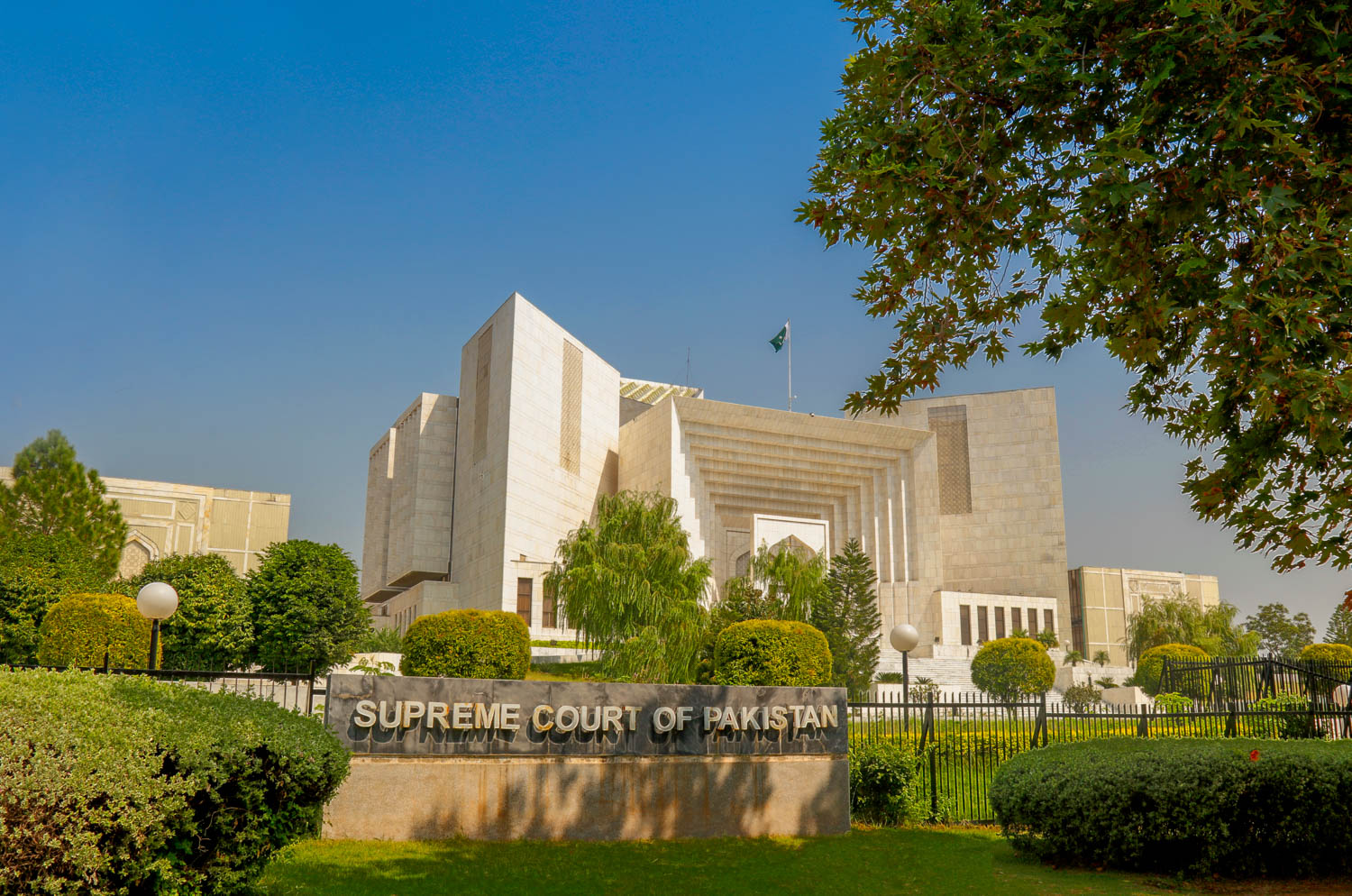
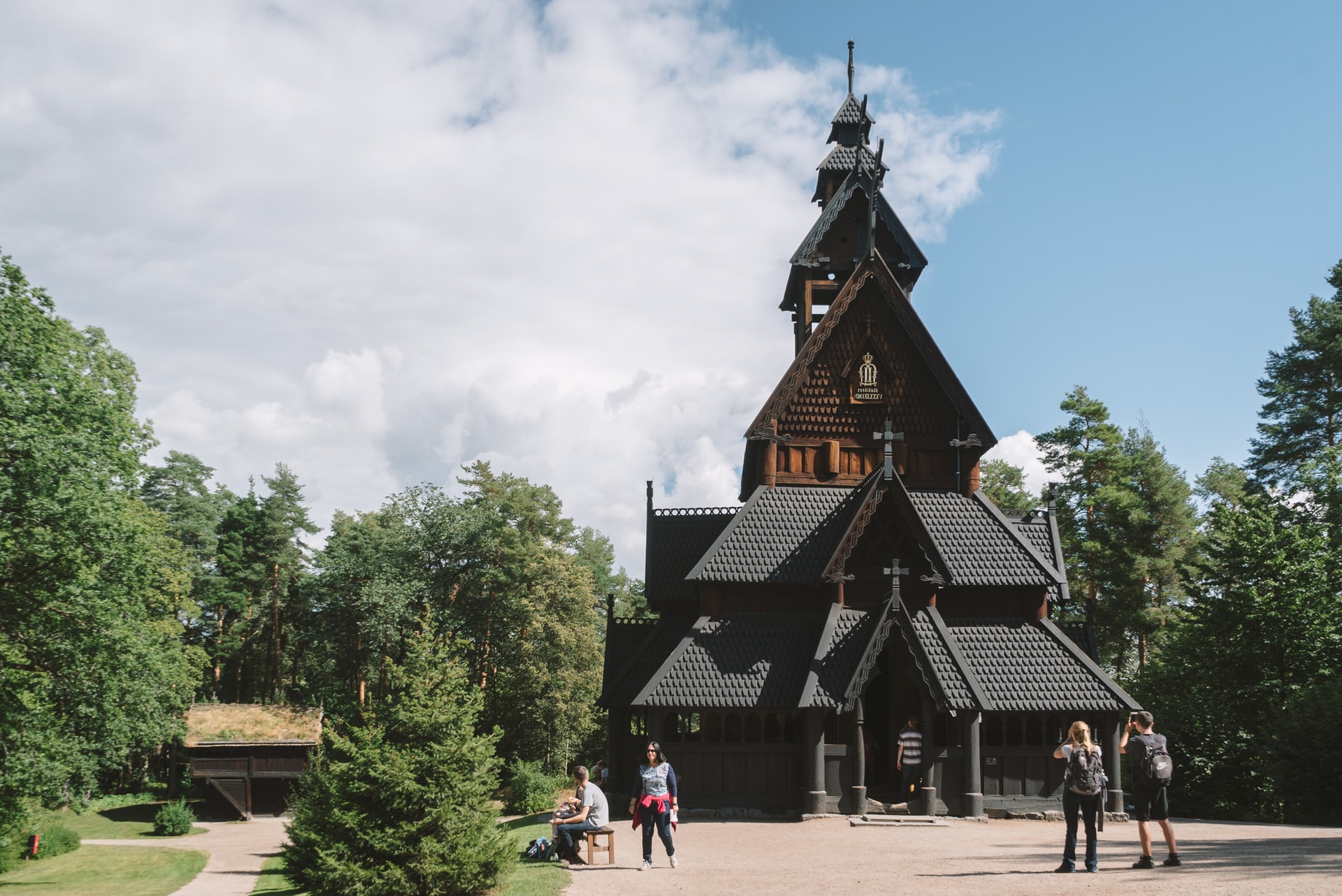
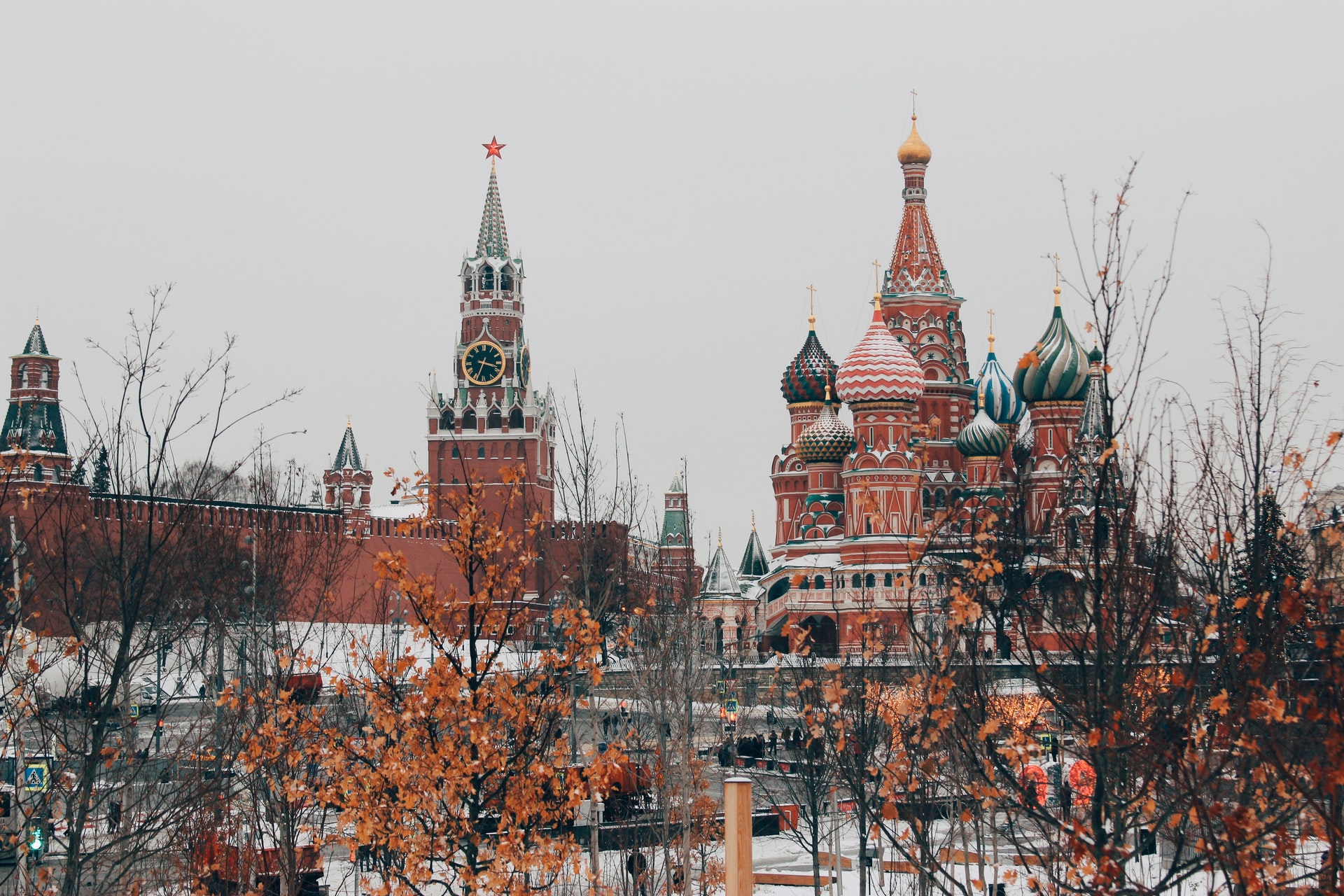
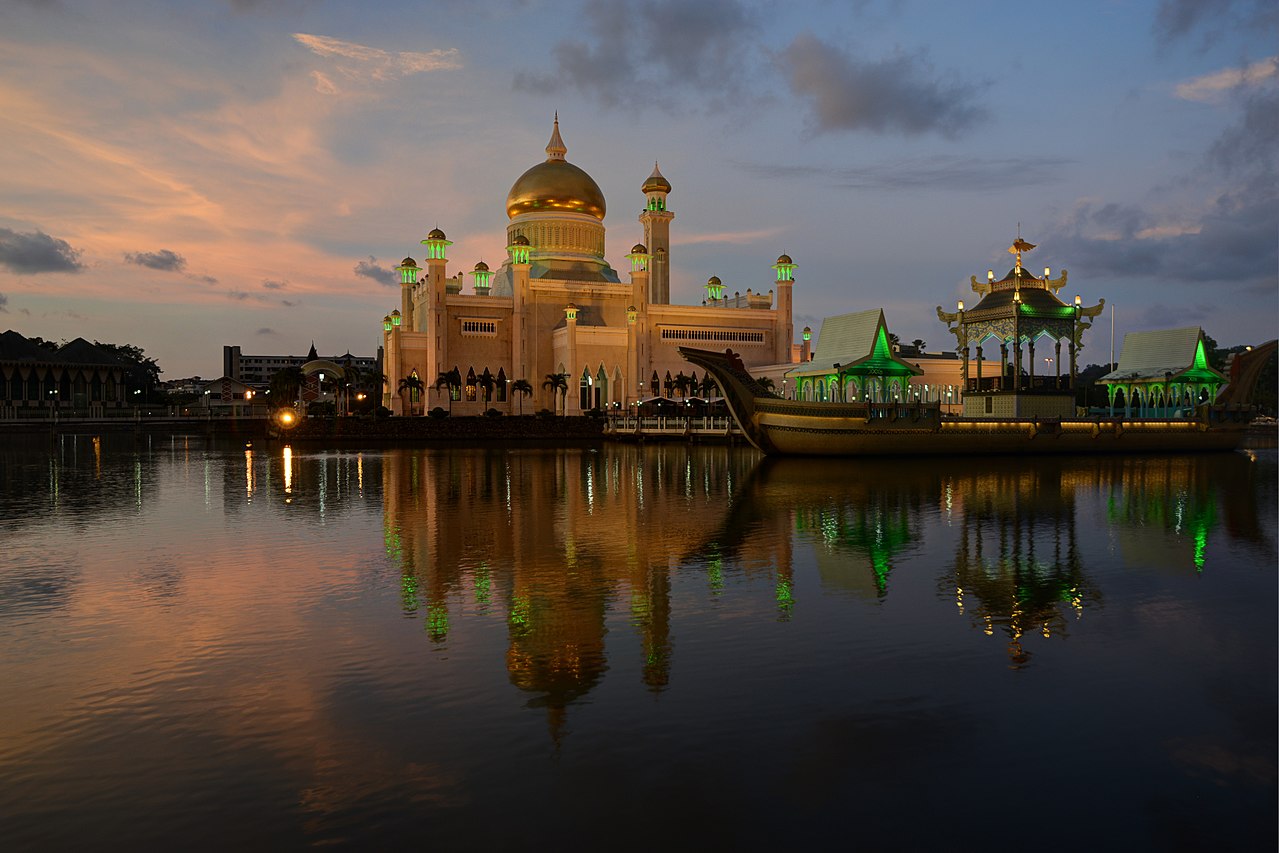
Very Ture Pakistan needs it ASAP. Good coulmn.
Paksitan is a country where there should be religious freedom as per given by the country’s constitution. Unfortunately the religious intolerance has become very common practice by taking law and order in hand by individuals. Thanks Mr. Qamar for highlighting such issues boldly, more power to you.
Excellent article, summarising the minorities problems in Pakistan.
Thank you for highlighting these issues. Sadly, it is true that lawmakers in Pakistan have been ignoring the much needed change in legislation to protect the rights of people.
Serious stuff… Well done LSE for giving space to such diverse issues.
A sad story of minorities in PK. Keep up the good work
Informative and thought provoking.
Excellent article and congratulations to LSE-RGS for publishing it. I have Christian friends in Pakistan who fear an arbitrary accusation that could lead to instant arrest and imprisonment. Then face judges who are not sympathetic to the rights of minorities. The UK should be putting economic pressure on the government.